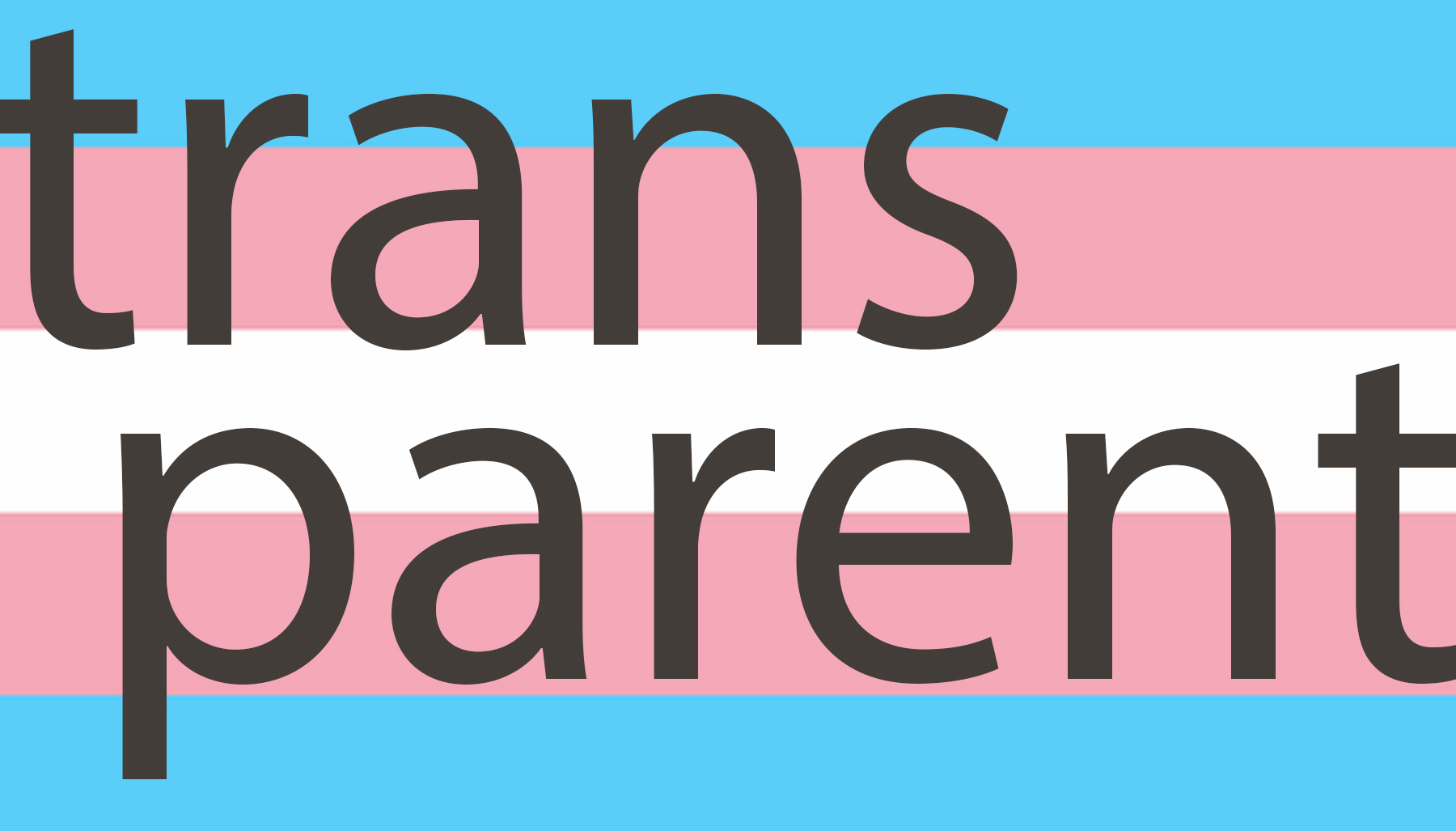
Merriam-Webster acknowledges “they”
By Jasper Griswold, Columnist
Merriam-Webster added a new meaning of “they” to their English dictionary – it is now also being defined as a single person pronoun. This may seem new and innovative, and in some ways it is, but “they” had been used as a single person pronoun for hundreds of years in the past.
It has been used this way since at least the late 1300s. In the 1700s, prescriptive grammarians decided that English should not have a third person singular gender neutral pronoun. This was because Latin did not have a pronoun like that, and Latin was seen as a superior language. They recommended using “he” as a gender-neutral pronoun instead, and this was widely adopted.
I have seen many people fight against singular “they,” and many people try to say it isn’t grammatically correct no matter what the dictionary says now. Personally, I cannot understand why so many people are so averse to calling a single person “they,” either as their own pronoun or when mentioning someone of unknown gender. In the latter case, the other option is to use “he or she.” Not only is that longer and more clunky, it also doesn’t include every option (although, I’m sure, if they’re making that sort of argument they wouldn’t see there being other options).
In a similar vein, if someone tells someone their personal pronouns are “they,” how hard is it to use that? I’ve never understood why people had such a problem with this. It doesn’t hurt the one person at all, and it makes the other person feel much more comfortable, happier, and safer. It’s a simple courtesy, a little bit of kindness offered to another.
Using “they/them” for a person of unknown gender or a person that identifies with that pronoun set should be the norm. It doesn’t hurt anyone, and it is simple to use. And now no one can deny that it’s grammatically correct.

